Jordan Henderson has discussed how criticism of his performances after joining Liverpool helped shape him, building the “prove people wrong” mentality of a captain.
Henderson is by far the Reds’ longest-serving senior player, having been in the first team three years longer than any of his team-mates—the closest, Adam Lallana, will leave at the end of the month.
And he has experienced one of the rockiest rises of any player at Anfield in recent memory, arriving as a youngster from Sunderland in a £20 million deal in 2011 and going on to cement himself as first-choice starter and captain.
In his early days under Kenny Dalglish, and then under Brendan Rodgers, the price tag and his industrial style saw him draw criticism from both fans and pundits.
But speaking to Nedum Onuoha for his Kickback With Nedum podcast, Henderson admitted that while it “did affect him,” it ultimately made him the player he is today.
“It took me a while to get used to the size of the club and the expectation and the criticism, and everything that comes along with it,” he explained.
“It took me a few years, I would say, to really feel like I deserved to be playing there.
“I always knew that I could, it was just the timing and some performances and just getting used to the whole move away to a massive club.
“It was just getting used to that sort of environment really.
“I was only 21 at time, just turned 21, and you’re finding out how to deal with loads of things. [It was a] big price tag, so people straight away were out to judge me.
“But really that period was really tough, and looking back it was a period that I learned so much from, and it definitely made me a better, stronger person and probably a better player as well.”
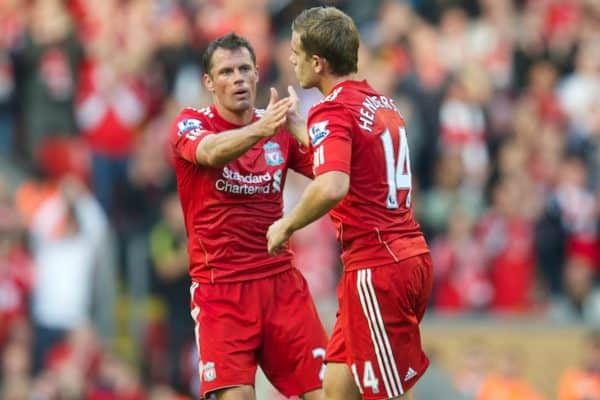
Arriving from the cauldron of the Stadium of Light, Henderson had experienced the scrutiny of playing for a club with such fervent support, but he says it was “another level” at Liverpool.
This would lead to him “overcomplicating” things on the pitch, until he eventually found the best way to deal with it was just “working as hard as I can.”
“I was used to criticism at Sunderland anyway, coming in as a local lad you are going to get criticised at some point,” he said.
“So I was used to it a little bit, but when I went into Liverpool it was another level, and the expectation was much bigger.
“I wasn’t so much bothered by perception, but I think sometimes it can become personal and then you try to not look and hide away from what is being said, and you just try to focus on what your job is and what you need to do.
“But at that time, I did feel as though that did affect me, because I would probably try too hard, I would overcomplicate things, I would be thinking too much, and ultimately that didn’t help my game at all.
“That was just trying to deal with that situation, and I didn’t really know the best way to deal with it, because it was new to me.
“It was just finding my way through that, finding my feet, and the thing that helped me most through that was just getting my head down and working as hard as I can.
“Whether that be on the training pitch or in the gym, everything was just focused on trying to be better and prove people wrong.”
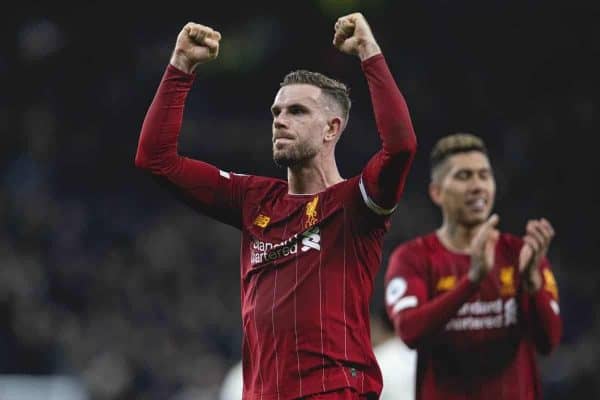
Henderson’s interview with Onuoha is typically guarded, with the midfielder now well-versed in the media training required as captain of Liverpool, but there are points that prove revealing.
The 30-year-old conceded that “games would just pass by and I wouldn’t do anything” early on, but thankfully now he has been able to “prove people wrong” as leader of the Premier League champions.
“When you come to a club like Liverpool you’re expected to perform every week,” he continued.
“Even at the time I knew my performances weren’t great, my performance level wasn’t good at all in certain games that I think about looking back.
“I felt as though games would just pass by and I wouldn’t do anything.
“I’d always try to run around and work hard and do all of that stuff, but at Liverpool you need a lot more than that.
“I wasn’t enjoying my football, a lot was happening and I wasn’t performing, and ultimately you’re going to get criticised, you’re going to get judged on performances.
“So I can understand it, but I think some of that can get personal and it can cross the line at times.
“That’s the tough part to deal with and that’s when you’ve just got to try to use that as best you can to improve and to prove people wrong going forward.”
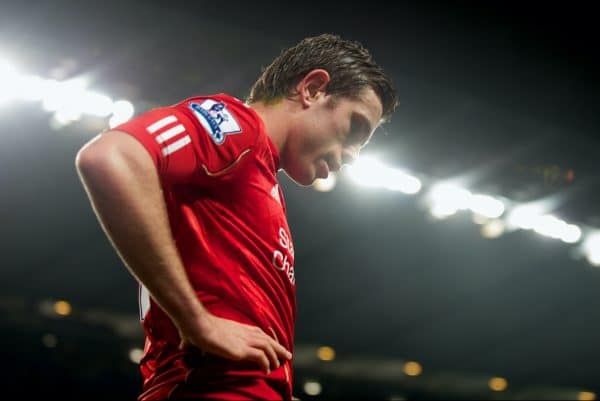
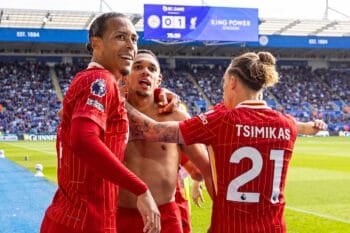
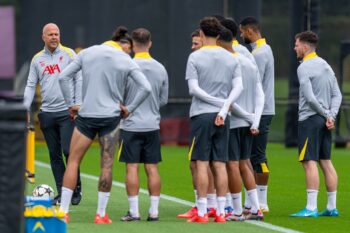
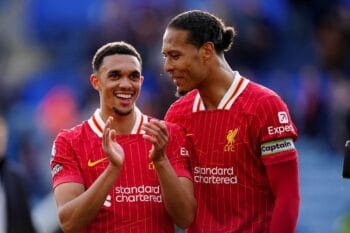


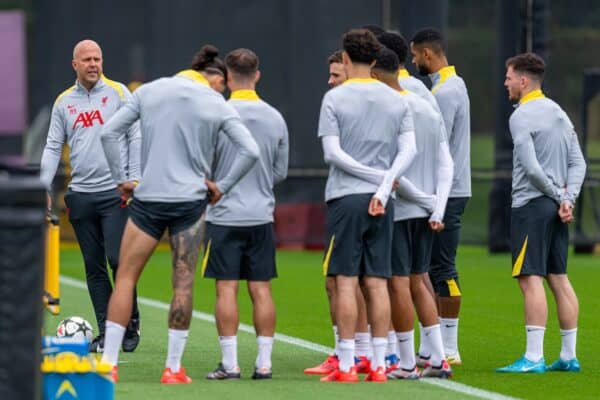
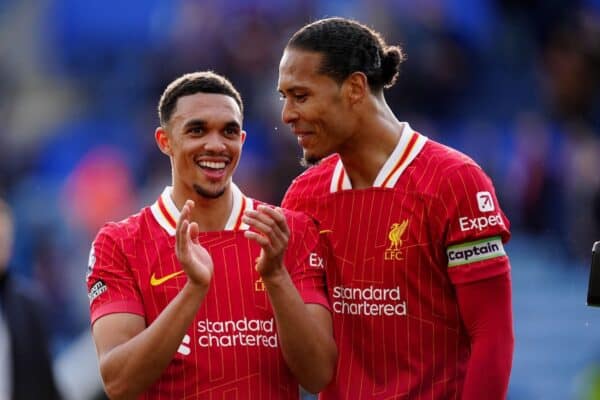
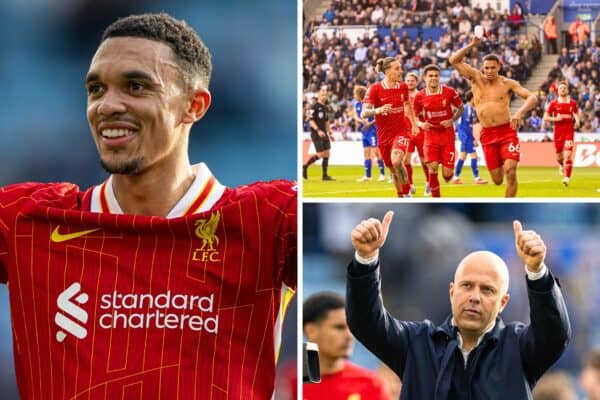
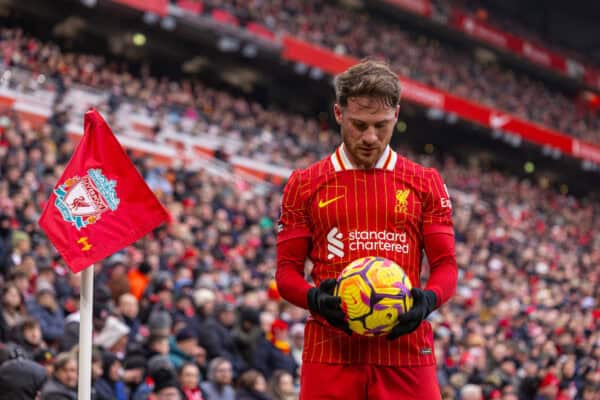
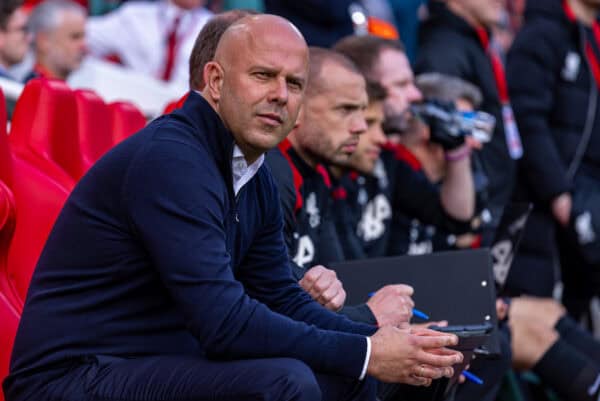
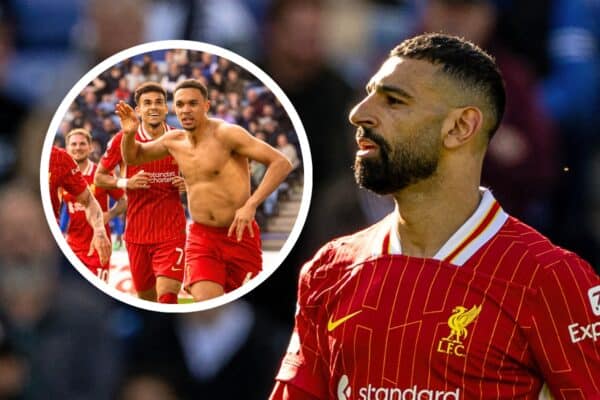
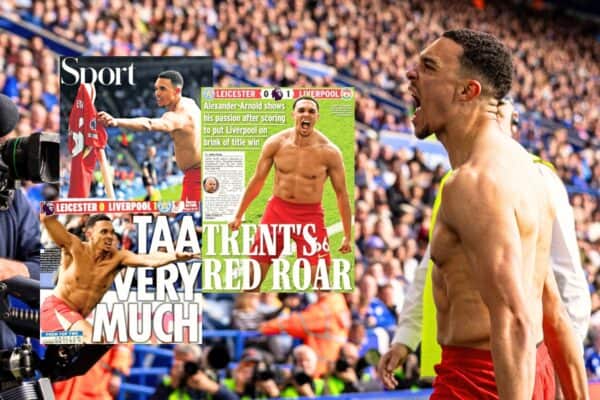
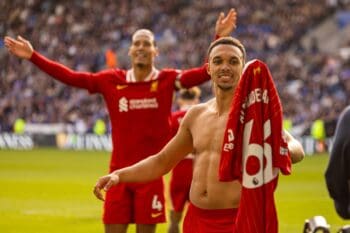
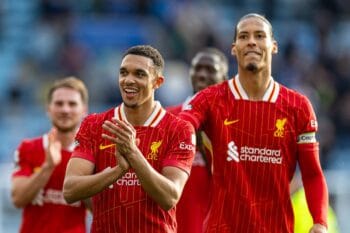
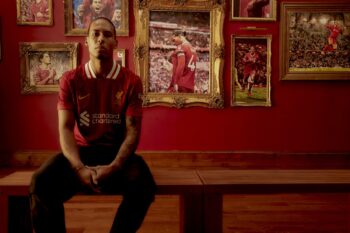


Fan Comments